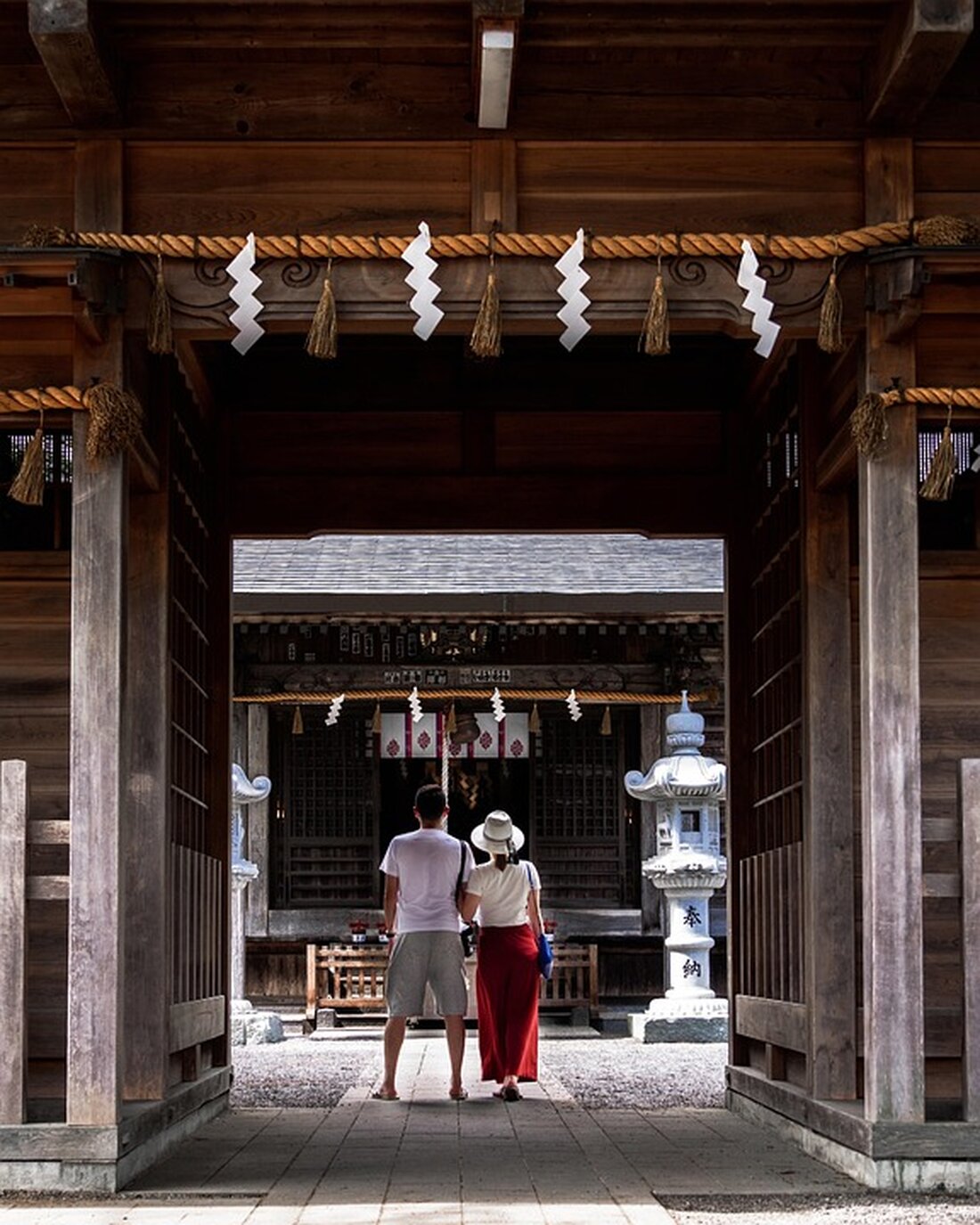Japan: Surveys indicate loss of control over the upper house
Japan: Surveys indicate loss of control over the upper house
The government coalition of Japan could lose its majority in the upper house, as can be seen from the exit surveys after the elections on Sunday. This could announce political tumult, especially in view of the upcoming deadline for tariffs .
political uncertainty in Japan
Although the choice does not decide directly whether the unstable minority government of Prime Minister Shigeru ishiba You the pressure on the weakened politician who lost control of the more powerful lower house in October.
results of the election
The Liberal Democratic Party (LDP) of Ishiba and your coalition partner Komeito needed 50 seats to keep control of the 248 seats in the upper house. According to the exit surveys of the public service broadcaster NHK, it is forecast that they will win between 32 and 51 seats. Other channels estimate that government coalition will hold 41 to 43 seats. With less than 46 seats, this would mean the worst result since the coalition was founded in 1999.
economic challenges
This choice tightens the situation in addition to the worst results of the past 15 years in the lower house, which makes Ishiba's administration susceptible to requests for no confidence and demands for a change of management within his own party. The opposition parties, which stand up for tax cuts and stricter immigration policies, also seem to gain approval. Above all, the increasing consumer prices, especially with the rice food, are a central election topic.
public opinion and voter interests
"The LDP mainly acted in this election and was on the wrong side of a central voter concern," said David Boling, director of the consulting company Eurasia Group. "Surveys show that most households want a reduction in VAT to combat inflation, which the LDP rejects. The opposition parties have taken up this and strengthened their message."
financial caution and international obligations
The LDP calls for financial caution, especially in view of the nervous market for government bonds, since investors are concerned about Japan's ability to refinance the world's greatest debt burden. Added to this is the urgency of completing a trade with the United States until August 1st to avoid high punitive tariffs to the largest export market.
rise of the populist parties
The populist Sanseito party seems to be one of the great winners of the election, since it is expected to win 10 to 15 seats in the chamber, compared to only one seat before. The Sanseito campaign with the slogan "Japan first" and warnings of a "silent invasion" of foreigner has brought a once marginalized political rhetoric to the mainstream.
voting and personal views
"I attend a graduate school, but there are no Japanese around me. Everyone is foreigners," said Yu Nagai, a 25-year-old student who voted for Sanseito on Sunday. "When I look at how the money is spent on foreigners, I have the feeling that Japanese is treated a little disrespectfully," Nagai added at an election location in the Tokyoter District Shinjuku.


Kommentare (0)